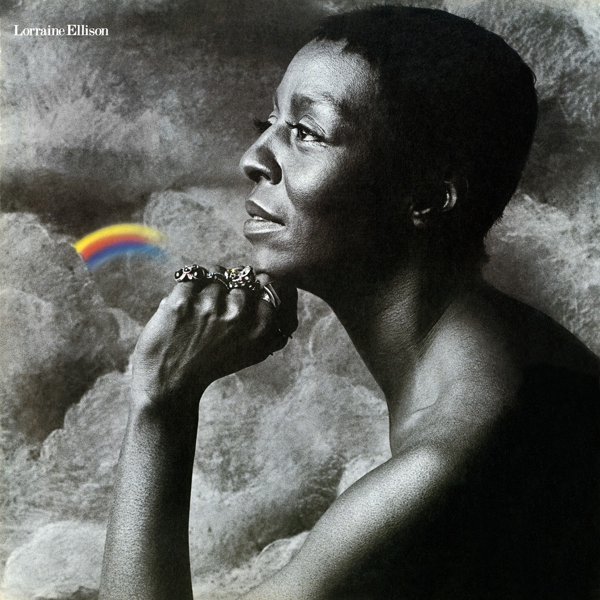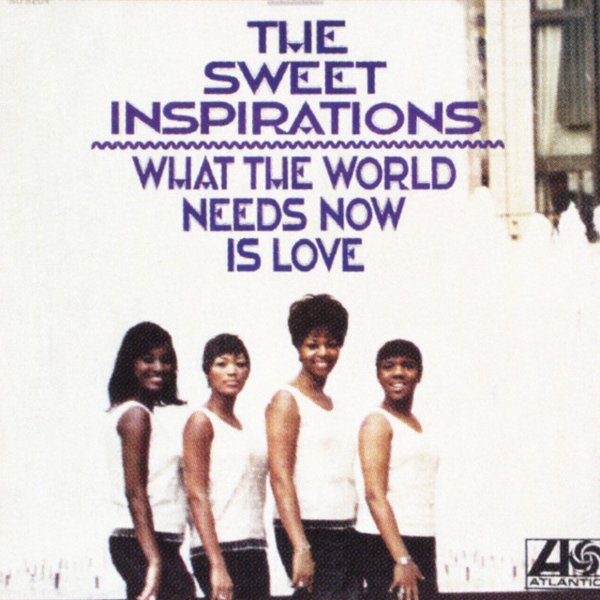Lorraine Ellison
It seems like every woman artist of a certain age has been compared to Aretha Franklin, and Lorraine Ellison is no exception. To be fair, she does at times sound a bit like Aretha. There’s a song called “Only Your Love” on her 1966 album Stay With Me, that you could totally hear Aretha doing. And in 1974, NME described her voice as “something that fits in between Aretha and Mahalia Jackson.”
That’s a lot of pressure to put on one voice.
But comparisons aside, the lady could sing. And because of her short career— she died in 1983 at age 51— you could get through her entire discography in an afternoon. But that would be too quick. That would be too short a time to appreciate what she brought to her music, the things that were completely her. Not Aretha, not Mahalia, Lorraine.
Her self-titled album from 1974 is a great place to start to hear her sound. It’s all the best things about soul — its gospel roots, its blues roots. Her voice holds onto the edges of soft and powerful, subtle and overt. It’s that kind of restrained control that makes it clear why people may have compared her to others, but a song like the Ellison-penned “Country Woman’s Prayer” is all hers. Its dramatic, slightly sinister intro sliding into a piano blues. In an interview with Blues & Soul when the album was released, she told the interviewer that she wrote the song under pressure when the album was short on material. And maybe that’s where that tension comes from, that pleading build-up, the intensity. She was a woman with a mission, and you can hear it. And if the funky “Do Better Than You’re Doin’” didn’t usher in whatever the 1974 equivalent of Hot Girl Summer was for at least a few women, then we truly failed as a society.
Lorraine Ellison didn’t get much attention for her work, and that happens. There is always more music than listeners. But it’s hard not to suspect that her album was lost in a shuffle of comparisons. Even Ellison knew that she wasn’t getting the recognition she should have, telling the interviewer: “I just hope that this new album is an indication of what the future holds because I really do feel that the time is overdue for my career to start taking that upward climb.” This album was not the start of something big, and would be her last of just three album releases.
To hear her music now, so distant from when she pinned her hopes on its success, leaves a lingering question: What about the other names we haven’t heard, the other artists held in the shadows of comparison, of bad management, of the wrong material? Will we find them again, too? Maybe someday, but today, we have a chance to hear at least one.


